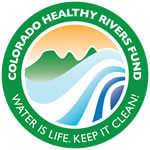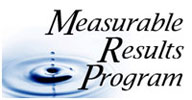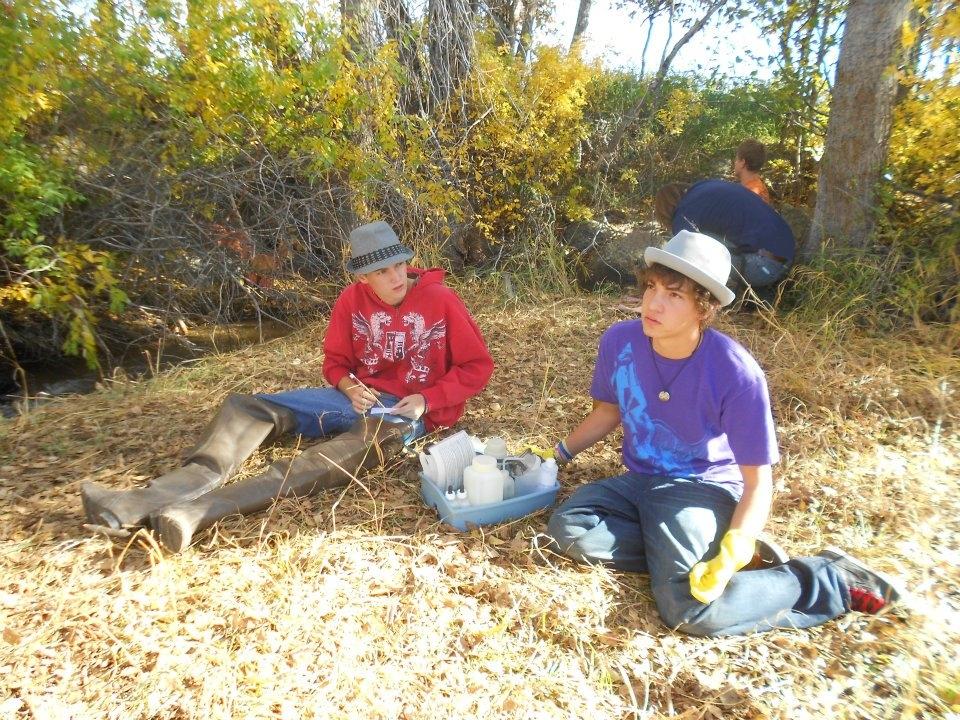 River Watch began in the spring of 1989 with two-hour trainings at six schools along the Yampa River. It was the passion of a teacher, Ed Hayne, from Oak Creek, Colorado who threatened to start something like this if the Colorado Division of Wildlife did not. Carol Bylsma, the Project Wild Coordinator for the CDOW at the time, found funding for a River Watch Project. She engaged Barb Horn, a CDOW Water Quality Specialist, to develop and implement a River Watch Program. It began as a program to collect water data of such quality it could be used for high levels of decision-making. The timing was perfect. The State Water Quality Control Commission was charged with making decisions regarding how much pollution would be allowed in Colorado’s waters with only ONE data point, or NO data at all.
River Watch began in the spring of 1989 with two-hour trainings at six schools along the Yampa River. It was the passion of a teacher, Ed Hayne, from Oak Creek, Colorado who threatened to start something like this if the Colorado Division of Wildlife did not. Carol Bylsma, the Project Wild Coordinator for the CDOW at the time, found funding for a River Watch Project. She engaged Barb Horn, a CDOW Water Quality Specialist, to develop and implement a River Watch Program. It began as a program to collect water data of such quality it could be used for high levels of decision-making. The timing was perfect. The State Water Quality Control Commission was charged with making decisions regarding how much pollution would be allowed in Colorado’s waters with only ONE data point, or NO data at all.Thus ‘The Rivers of Colorado Water Watch Network’ was created with the philosophy of training private and public school teachers and students to collect and analyze samples, because schools will always be in a community and teachers always need to teach concepts related to river ecology. The program began with two primary goals that remain steadfast today. First, to provide a hands-on experience for individuals to understand the value and function of the river ecosystem. Second, to collect quality aquatic ecosystem data over space and time to be used for the Clean Water Act and other water quality decision-making processes.
Today, River Watch has achieved these goals and continues to grow with the dedication and commitment from thousands of volunteers. We started with those six schools on the Yampa and grew to cover all watersheds in Colorado and 350 schools. Since 1989 we have involved over 60,000 individuals in Colorado, provided data on 3,000 stations covering over 300 rivers. We have also grown to include individuals, watershed groups and other entities, besides schools, in our program. We have expanded our program to include biological and physical habitat parameters. We have also piloted a volunteer lake and wetland monitoring program. Some students have received college credit for their River Watch skills, others have acquired water-related employment from their interest and work in River Watch, and most have carried their knowledge and passion for the river environment where ever they go!
----------------------------
 |
About Colorado River Watch |
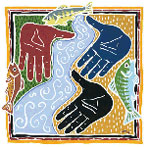 |
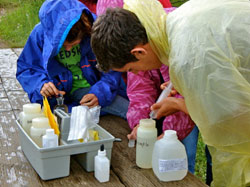 River Watch volunteers consist primarily of middle and high school students, but also include citizen groups, individuals, private schools, colleges, children’s homes, youth programs and nature centers. There are approximately 120 different organizations actively participating in the program, with new groups being added each year. Each volunteer group receives the training, support and supplies needed to monitor their respective rivers and provide consistent and accurate data. A Quality Assistance/Quality Control (QA/QC) plan is in place to ensure the quality of the data collected, and a staff member visits each group once a year in order to provide one on one support and technical assistance.
River Watch volunteers consist primarily of middle and high school students, but also include citizen groups, individuals, private schools, colleges, children’s homes, youth programs and nature centers. There are approximately 120 different organizations actively participating in the program, with new groups being added each year. Each volunteer group receives the training, support and supplies needed to monitor their respective rivers and provide consistent and accurate data. A Quality Assistance/Quality Control (QA/QC) plan is in place to ensure the quality of the data collected, and a staff member visits each group once a year in order to provide one on one support and technical assistance.Volunteers agree to monitor on a monthly basis. Samples are collected which the volunteers analyze for hardness, alkalinity, dissolved oxygen, pH and temperature. Additional samples are collected to be analyzed for total and dissolved metals, which include Al, As, Ca, Cd, Cu, Fe, K, Mg, Mn, Na. Pb, Se and Zn. This analysis is performed by our River Watch analyst, Matt McIntyre, at the CPW laboratory in Fort Collins. Twice a year volunteers collect nutrient samples that are analyzed for ammonia, chloride, sulfate, total suspended solids, total phosphorous, nitrate and nitrite. Volunteers perform one physical habitat assessment to accompany their annual macroinvertebrate sample which is sent to an outside lab for identification.
Quality assurance is essential in the program operation and in the use of the data. Each volunteer group performs their sampling and analysis according to a uniform set of guidance documents. Quality assurance checks are performed regularly through the year and include an annual site visit to ensure that the volunteers and the River Watch laboratory accurately perform within the established methods. River Watch has standardized protocols that are used by all volunteers. Volunteers collect a field blank sample and duplicate sample every fifth outing, and analyze unknown samples twice per year. Laboratory analysis is validated through a series of steps that include analysis of lab blanks, duplicates and spikes, confirmation of results using known standards, use of outside labs and documentation and reporting of QA/QC results.
River Watch data is stored on an internet server and can b
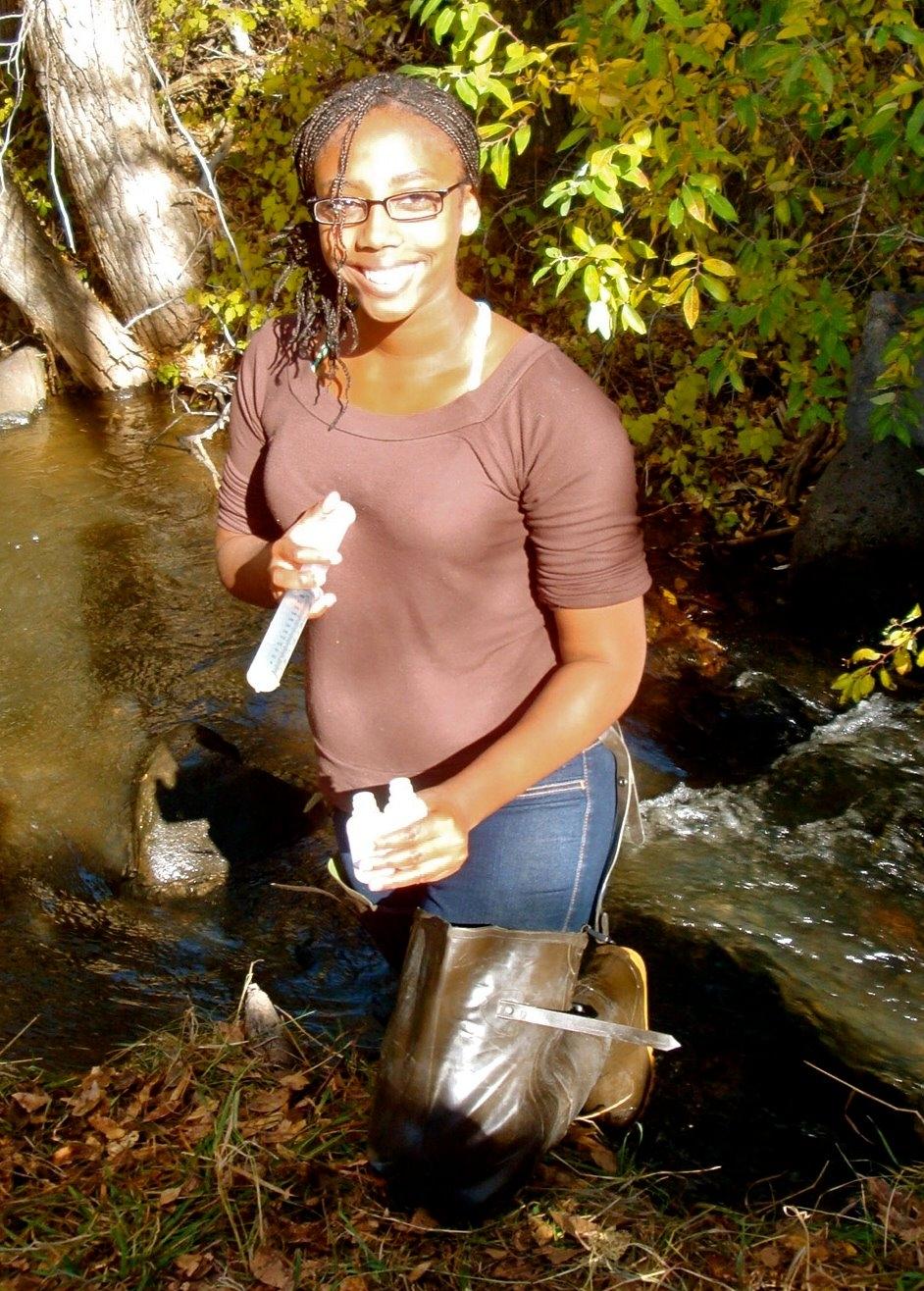 e accessed by anyone. All the data is reviewed and validated by Colorado Parks and Wildlife biologists before it is made public. Click here to go to the server, and choose "See the Stations List" under View Summary Data. The high quality River Watch data is currently utilized by the Water Quality Control Commission, CPW, and many grass roots level watershed groups in the state for the management of Colorado’s waters.
e accessed by anyone. All the data is reviewed and validated by Colorado Parks and Wildlife biologists before it is made public. Click here to go to the server, and choose "See the Stations List" under View Summary Data. The high quality River Watch data is currently utilized by the Water Quality Control Commission, CPW, and many grass roots level watershed groups in the state for the management of Colorado’s waters.Volunteers involved in the program not only obtain hands-on education into the processes and methods of water quality analysis, these devoted and skilled stewards are key elements in the generation of information and data that is used in the formulation of water management plans on the local and statewide level. Our volunteers are actively involved in the decisions that shape their watersheds.
Interested in becoming a River Watch volunteer? Contact us for information.



